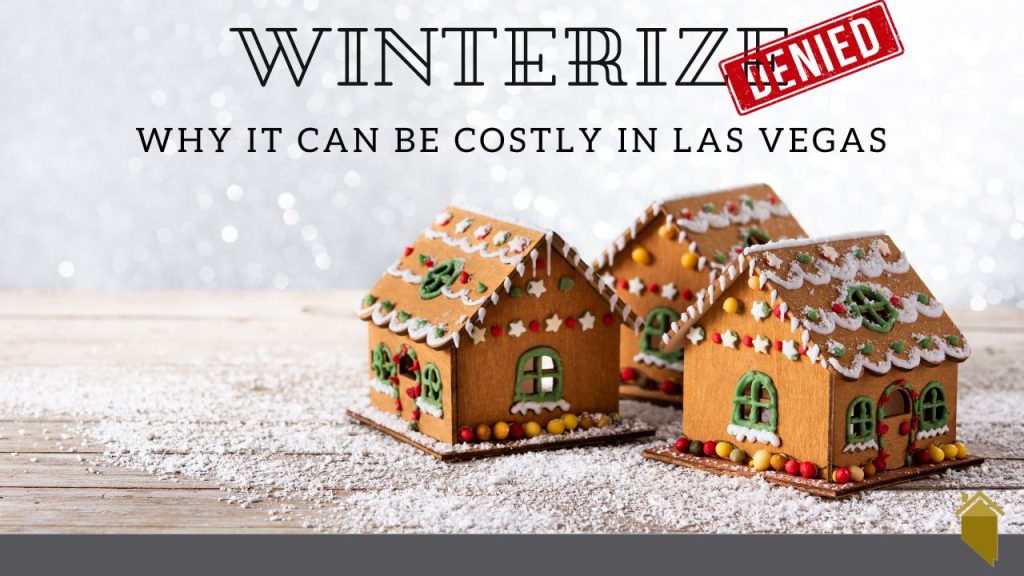Be Careful When Winterizing Homes.
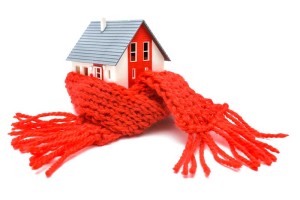
Winterizing homes. This article is intended primarily for Listing Agents who have one or more vacant home listings. I write these articles to provide useful and beneficial information for real estate agents to aid them and their clients in making well informed and educated decisions. It’s my way of giving back to the community that has supported me in making a living for more than 25 years. This information can reduce liability potential, make an agent’s job easier and avoiding potential headaches.
Winterizing 101
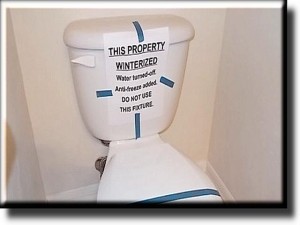
What does it mean when a Las Vegas home is “winterized”? Winterizing a home is when the water to the home is shut off and all the water piping (and the water heater) is drained. The reason for doing this is because water expands when it freezes and turns into ice. If this were to occur in a plumbing system it can result in severe damage. Winterized homes will also have a small amount of ecologically safe anti-freeze poured into the drains of the sinks, tubs, and showers. Enough anti-freeze is used to fill the P-traps to prevent sewer gases from entering the home. Anti-freeze is used because it doesn’t evaporate.
Winterizing is performed to reduce the potential for damage. There are alternatives available in lieu of winterizing a home. “Winterizing”, as described above, is only one method for reducing the potential for damage and it is NOT recommended. This method of winterizing a home generally results in unintended damage.
Some of the damage caused by winterizing a home can be very expensive to correct and can cause a potential buyer to walk away from a home they loved enough to submit an offer to purchase.
Specific Damage
Most winterized homes have all the utilities turned off. In the winter months that means there is no heat in the home allowing the interior of the home to reach freezing temperatures. Most new home builders require(d) the homeowner to maintain the interior temperature of the home between 65 degrees Fahrenheit and 85 degrees Fahrenheit. Failure to maintain the specified interior temperatures almost always voids the warranty provided by the builder.
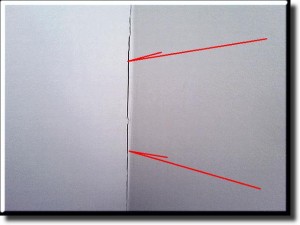
Failing to maintain the interior temperatures of the home causes excessive expansion and contraction to occur to the sheetrock or drywall in the walls and ceilings of the home. The excessive expansion and contraction will generally demonstrate itself at the weakest point of the ceilings and walls: the jointed areas. Most home inspectors will call out these cracks as an indication of atypical or abnormal structural movement and recommend a Structural Engineer further review the issue.
Failing to maintain utilities to the home also causes other problems. The Las Vegas Valley is replete with expansive clay soil. To see where these soils are predominately located in Clark County click HERE.
Expansive clay soils absorb moisture and increase in volume, forcibly, when they becomes saturated. Conversely expansive clay soils will contract when they dry out. The American Society of Civil Engineers estimates that 1/4 of all homes in the United States have some damage caused by expansive soils. In a typical year in the United States they cause a greater financial loss to property owners than earthquakes, floods, hurricanes and tornadoes combined. The key to limiting damage is to maintain a constant moisture environment after construction.
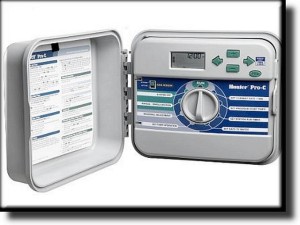
Shutting off all utilities to the home renders the irrigation or lawn sprinkler system inoperative and significantly increases the potential for damage to the home. The irrigation system needs both water and electricity for the control panel to operate. When all of the soil around the structure dries out it can (and often does) cause undesirable movement to occur to the foundation. This undesirable movement can be transferred to the structure and result in a myriad of problematic issues such as doors and windows out of plumb, lost seals in insulated window glazing, floor tiles losing the bond to the substrate (hollow floor tiles), and damage to framing members. Loss of consistent moisture to the site can also result in damage to walkways, driveways, and patio slabs.
Shutting off the water to the home also creates it’s own unique problems. Many components in the plumbing system, particularly seals, are intended to remain wet or moist. Shutting off the water to the home can cause seals to dry out and result in leaks when the water is restored. In Southern Nevada home the number one contributor of mold issues is plumbing leaks. It’s not uncommon for toilets to run after water is restored to the home necessitating toilet repair kits to be installed.

Many agents justify the winterizing of a vacant home because shutting off all the utilities decreases the operating expense for the home. But when the home inspection is accomplished and the inspector recommends a Structural Engineer to perform a further review because indications of atypical structural movement are observed; damaged windows need to be replaced; a flooring contractor is recommended to review the excessive cracks in the tile or tile grout; a door contractor is recommended to review the doors that will not close properly and the buyer decides to rescind the contractor or wants to renegotiate the price for the repairs that need to be accomplished it becomes clear that the act of winterizing a home is not economically justifiable.
Alternative Solution
A better plan for winterizing the home is this:
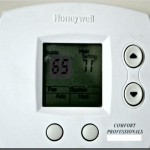
• Maintain all the utilities to the property. Keep the thermostat in the heat mode and set to 65 degrees Fahrenheit. Keeping the thermostat to this temperature will keep the interior of the home warm enough to prevent interior pipes from freezing and keep the home within the parameters specified by most home builders.
• Open all the interior doors in the home. This configuration will allow for even temperatures throughout the home.
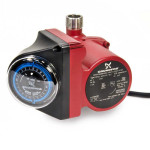
• Set the water heater to the lowest setting above the vacation setting. Most water heaters are located in the garage. They are exposed to exterior ambient temperatures. When the water heater is set to the “vacation” setting it is not keeping the water tank warm; it is only keeping the pilot lit. The water in the tank must be protected from freeze.
• If there is a hot water circulating pump present in the home (they’re generally located adjacent to the water heater in the garage) switch it off or unplug it. Many newer home are plumbed with cross-linked polyethylene (PEX) piping. PEX piping is a superior product that will not burst when frozen solid. It’s not uncommon to find PEX hot water circulating piping exposed above the insulation in attic areas where a significant amount of heat loss occurs.
• The settings on the irrigation control panel should be adjusted to the settings promulgated by the Southern Nevada Water Authority (SNWA). SNWA.com is an incredibly easy to use website where you can enter your address and it will instantly show you your watering group, what day of the week you should be watering, and how often you should be watering. Generally at this time of the year you should only be watering one day of the week.
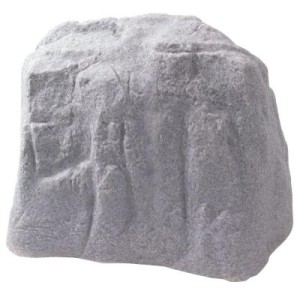
• Protect the irrigation system and external plumbing components from potential freeze damage. Install insulation over the irrigation, (and pool fill system if applicable) pressure vacuum breakers (PVB) or anti-siphon valves. This can be in the form of a resin decorative rock or an insulated pouch. Exterior hose bibs should be covered. Click on the highlighted links to find these items individually at The Home Depot.
• Configuring the home in this manner also avoids needing the expense of “de-winterize” the home and avoids the time consuming hassle and challenge of reestablishing utilities for the home inspector and the appraiser once an accepted offer is tendered.
In Summary
Wintering homes can cause significant damage. The damage can be costly to repair and may provide the perception to a prospective home buyer that the home has significant structural issues occurring. It costs money to winterize a home and then additional money to de-winterize the home. It takes a significant amount of time, effort, and coordination to reestablish water, gas, and electrical utilities to the home. Pricing the home to sell will save the seller any significant costs of keeping the utilities established and greatly limit the potential for damage.

